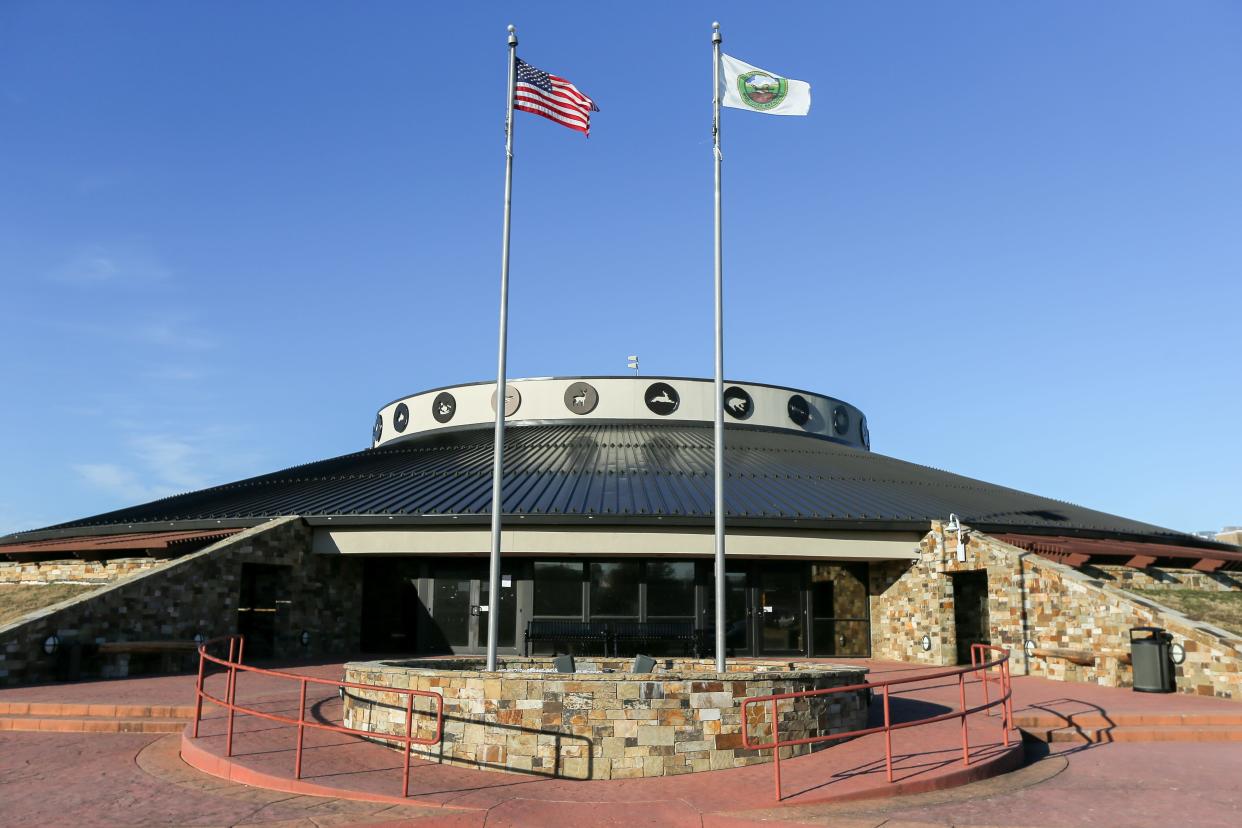Guest: Victory for Muscogee (Creek) Freedmen is a victory for tribal sovereignty

The journey of the descendants of the freed slaves of the Muscogee (Creek) Nation is a powerful testament to the complexity of identity and the quest for belonging. As emancipation swept across the United States, the freed slaves of the “Five Civilized Tribes” as they were called found themselves in a peculiar circumstance. The Reconstruction Amendments to the U.S. Constitution that granted freedom, citizenship and other civil rights to the people freed from slavery in the states, did not apply to the former slaveholding tribes.
Consequently, the federal government worked to extend the civil rights protections of the Reconstruction Amendments to the freed slaves in Indian Territory by entering into treaties with the former slaveholding tribes in 1866. Those treaties gave the freed slaves in Indian Territory citizenship in the sovereign nation (tribe) that had enslaved them, just as the 14th Amendment gave state citizenship to the freed slaves who had been enslaved in the states.
More: Muscogee Nation judge rules in favor of citizenship for descendants of slaves known as freedmen
That citizenship and their socialization within tribal communities shaped the freedmen’s view of themselves as “Indian.” Despite the immense challenges they faced from both white society and some tribal citizens who questioned their place within tribal communities, many freedmen and their descendants held onto their Native American identity with unwavering determination. For these individuals, being "Indian" meant more than race. To them, "Indianness" was more than the ability to trace one’s ancestry to people who were legally constructed as racially "Indian," using the racist rule of hypodescent also known as the “one drop rule.”
One federal court during the early 1900s stated that one drop of African ancestry “tainted the stream” and made a person African (not Native American) in descent. This federal government interpretation meant the freed slaves and their descendants could not be Native American, and it led tribes like the Muscogee Creek Nation to change their Constitution in a manner that excluded the freedmen descendants from tribal citizenship.
One such freedman descendant is Creek freedman descendant and lawyer Damario Solomon Simmons who has led the fight for the restoration of the Creek freedmen descendants’ citizenship in the Muscogee Creek Nation. Today, the Muscogee Creek Nation Tribal Court, exercising the tribe’s sovereignty that has existed since time immemorial, issued an order stating that the “decisions of the [Muscogee Creek] Board in denying the citizenship applications of the Plaintiffs are hereby reversed and remanded to the Citizenship Board of the Muscogee Creek Nation for reconsideration of the Plaintiffs’ applications for citizenship in accordance with the clear language of Article II of the Treaty of 1866 between the Muscogee (Creek) Nation and the United States of America whereby lineal descendants of those individuals listed on the Dawes Final Rolls, including …the Creek Freedmen Roll, are eligible for citizenship in the Muscogee (Creek) Nation.”
This is a victory not only for Mr. Solomon Simmons’ legal team and the Creek freedmen descendants. It is also a victory for tribal sovereignty. With this decision, the Muscogee (Creek) Nation has declared that tribal treaties matter; that they are the Supreme Law of the Land that the rule of law must respect.

Carla D. Pratt is the Ada Lois Sipuel Fisher Chair in Civil Rights, Race and Justice at the College of Law at the University of Oklahoma.
This article originally appeared on Oklahoman: Why tribal court reversed denying citizenship to freedmen decendants

